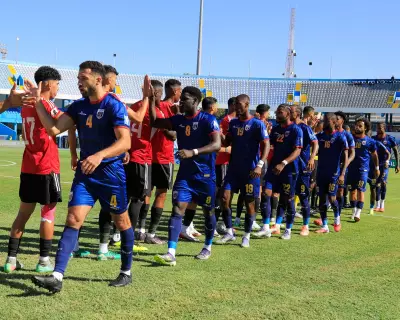
The grieving father of AFL icon Shane Tuck has issued a powerful and emotional warning to the football community, revealing that retired elite players are being deliberately targeted in local leagues. This stark revelation comes as the family continues to process the devastating loss of the former Hawthorn and Richmond star.
The heartbreaking plea from Michael Tuck, a VFL/AFL legend in his own right, highlights a disturbing culture within community football that places former professionals under intense physical and psychological pressure.
The Hidden Dangers of Local Leagues
Michael Tuck spoke candidly about the brutal reality facing retired AFL players who continue their careers in local competitions. "They're targeted," he stated bluntly. "Everyone wants to have a go at them because they've played AFL." This targeting creates an environment where ex-elite athletes face disproportionate aggression and scrutiny.
The emotional toll of this constant pressure cannot be overstated. For players transitioning from professional environments to local clubs, the shift can be jarring and psychologically damaging without proper support systems in place.
A Personal Tragedy Sparks Change
Shane Tuck, who played 173 AFL games before retiring in 2013, took his own life in 2020 at age 38. His tragic passing has become a catalyst for important conversations about mental health in sport, particularly during the difficult transition from professional athletics to retirement.
His father's courageous decision to speak out aims to prevent other families from experiencing similar heartbreak. The warning serves as both a caution to retired players considering local leagues and a call to action for sporting bodies to implement better protection measures.
The Urgent Need for Systemic Support
This revelation underscores the critical need for mental health resources and support systems for athletes at all levels of competition. The transition from professional sport represents a vulnerable period that requires comprehensive psychological support and community understanding.
Local football associations now face increasing pressure to address this issue head-on, implementing policies that protect former professionals while maintaining the competitive spirit of community sport.
The football community must come together to ensure that local leagues provide a safe and supportive environment for all players, regardless of their previous experience or achievements.





